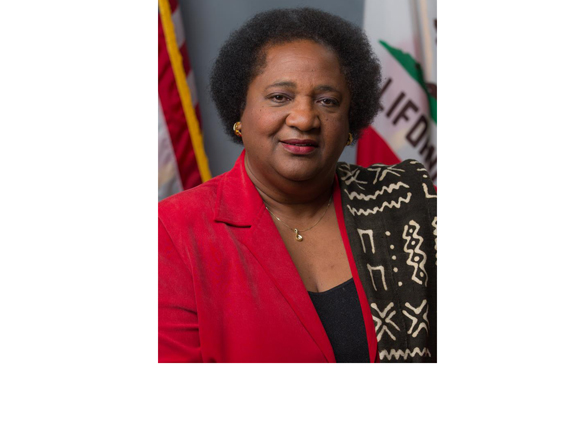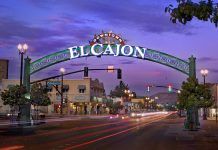By Assemblymember Shirley N. Weber
By Assemblymember Shirley N. Weber
As we approach the holiday season, many of us will be focused on one celebration that reflects the values of our family and community. For the past 40 years, I have had the unique honor of celebrating two dynamic holidays that complement each other and bring meaning and great joy to my family and community: Christmas and Kwanzaa. As I complete my Christmas dinner and gift exchange on the evening of the 25th, I immediately unpack my Kwanzaa symbols and prepare for the beginning of the seven day celebration on the 26th.
Kwanzaa is almost 50 years old, celebrated for the first time in 1966 in Los Angeles, by Dr. Maulana Karenga and the Us Organization. I was a freshman at UCLA and heard of this African named holiday but knew very little about it. For many years, the celebration remained confined to members of the Us Organization. To the uninformed, Kwanzaa was a “Black Christmas”. It was not, however, until I moved to San Diego that my interest moved from that of an observer to a practitioner.
Founded because there were no African American holidays in the US, Kwanzaa filled a cultural void. It also taught great lessons on community building through the seven principals. Each principle is a building block that strengthens and gives meaning to productive living.
The first day of Kwanzaa is Unity (Umoja), followed by Self-Determination (Kujichagulia), Ujima (Collective Work and Responsibility), Ujamaa (Cooperative Economics), Nia (Purpose) Kuumbaa (Creativity), Imani (Faith). The principles are building blocks and it is impossible to achieve the last principle Imani (faith in oneself, family and community) without achieving the other principles.
The early days of Kwanzaa were not easy. There was very little information and even fewer materials for the celebration. I knew of friends who bought Menorahs and broke off one of the candle holders to make the seven candle slots because they could not find the Kinara (candle holder). There was only a few who celebrated Kwanzaa in San Diego and we all knew each other and came together to reinforce each other’s interests.
To create interest for my children, I wrote songs, authored plays for student groups, and created arts and crafts events. It was difficult to compete with Christmas because Kwanzaa did not focus on gift giving and for children who are so influenced by the commercialism of Christmas. I sometimes felt I was losing the battle. Yet, I persevered because Kwanzaa had so much to teach and give. I made sure that we celebrated Kwanzaa on the university campuses because I felt that was the best way to get the information to a larger audience. And I guess it worked because here we are almost 50 years later with a non-heroic holiday that is celebrated around the world. Even my own children who complained about the silly songs I taught them so they could remember the seven principles are now teaching the songs to their children. And, they know the seven principles of the Nguso Saba in order.
This holiday season, I have already attended a Kwanzaa celebration where my 3 year old grandchild talked about the importance of the first principle of Kwanzaa, Umoja (unity) that is reflected in the life of his great grandfather who was an African chief in Kenya. Many of the other children attending the Jack and Jill Kwanzaa celebration acknowledged their ancestors whose lives embodied one of the principles of Kwanzaa.
Each year my friends and I look forward to sharing Kwanzaa with each other. There is no pressure to give gifts or engage in elaborate celebrations. We simply share our past year of accomplishments, play history games, and appreciate each other’s friendship.
Kwanzaa is a great culmination of a year of accomplishments, struggles and victories, as well as a beautiful introduction to a coming year of enormous expectations and joys. I recommend that we all look at the inspiring principles of Kwanzaa and seek to incorporate them into our daily lives and see how it enhances our families and communities.
Happy Kwanzaa!!
Assemblymember Shirley Weber represents California’s 79th Assembly District, including Bonita, Chula Vista, National City, La Mesa, Spring Valley and San Diego. She currently serves as Chair of the Assembly Budget Committee.














